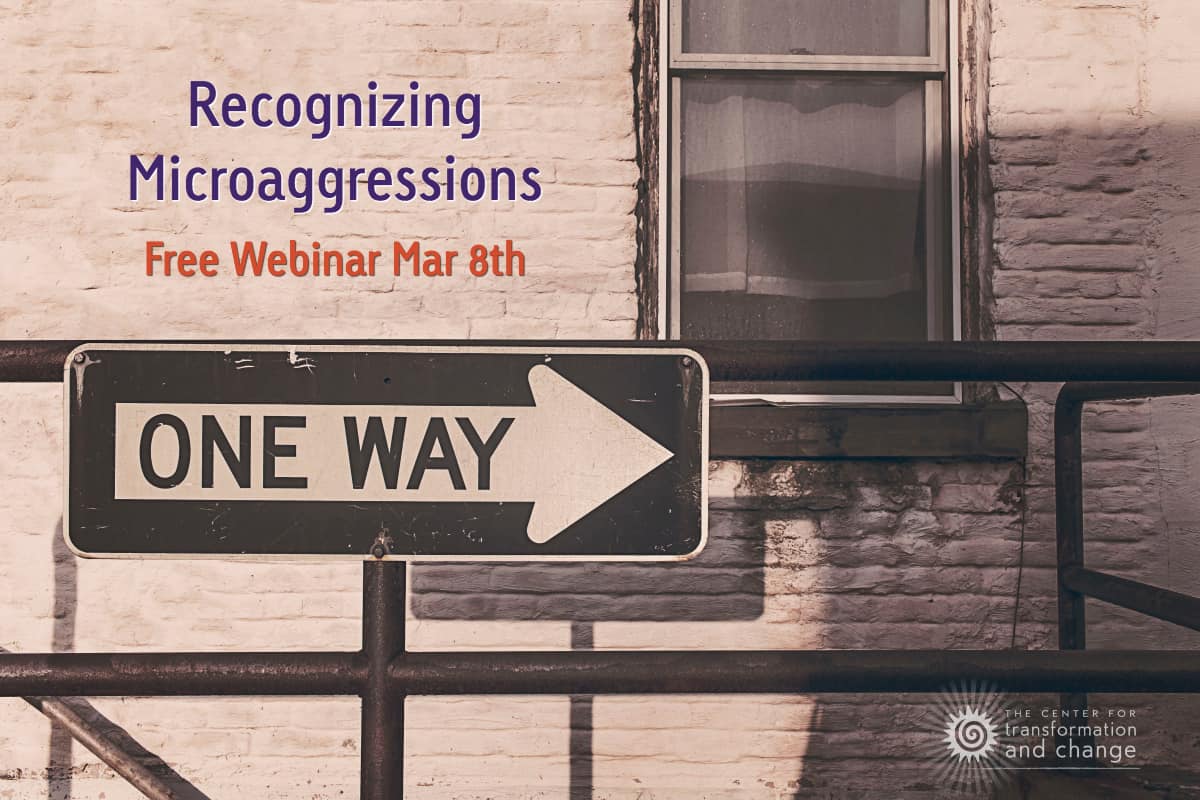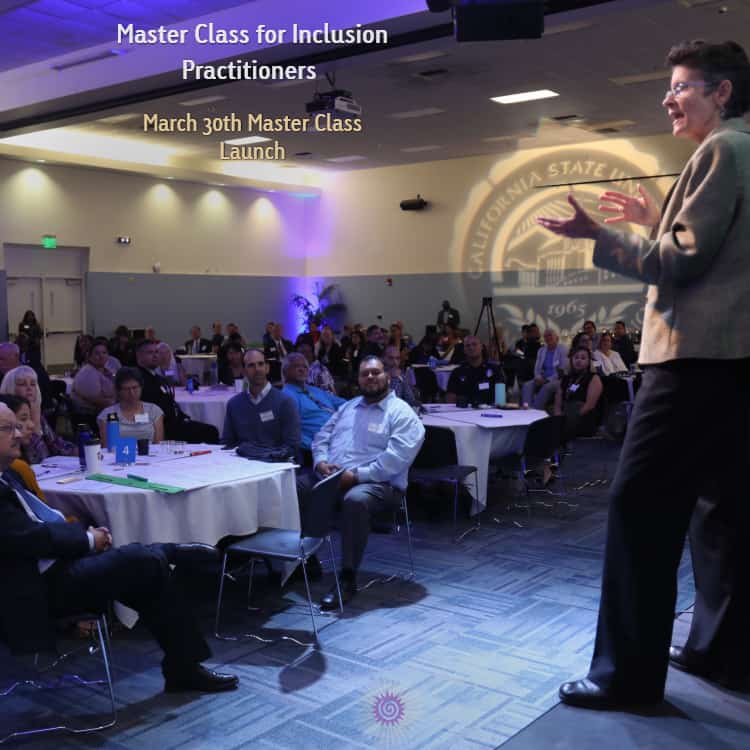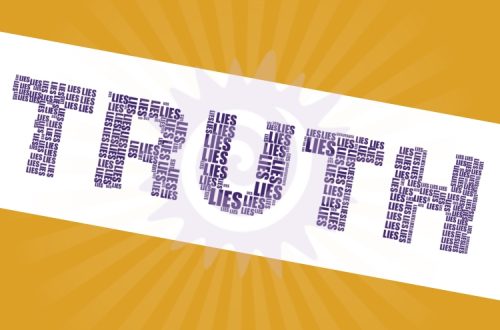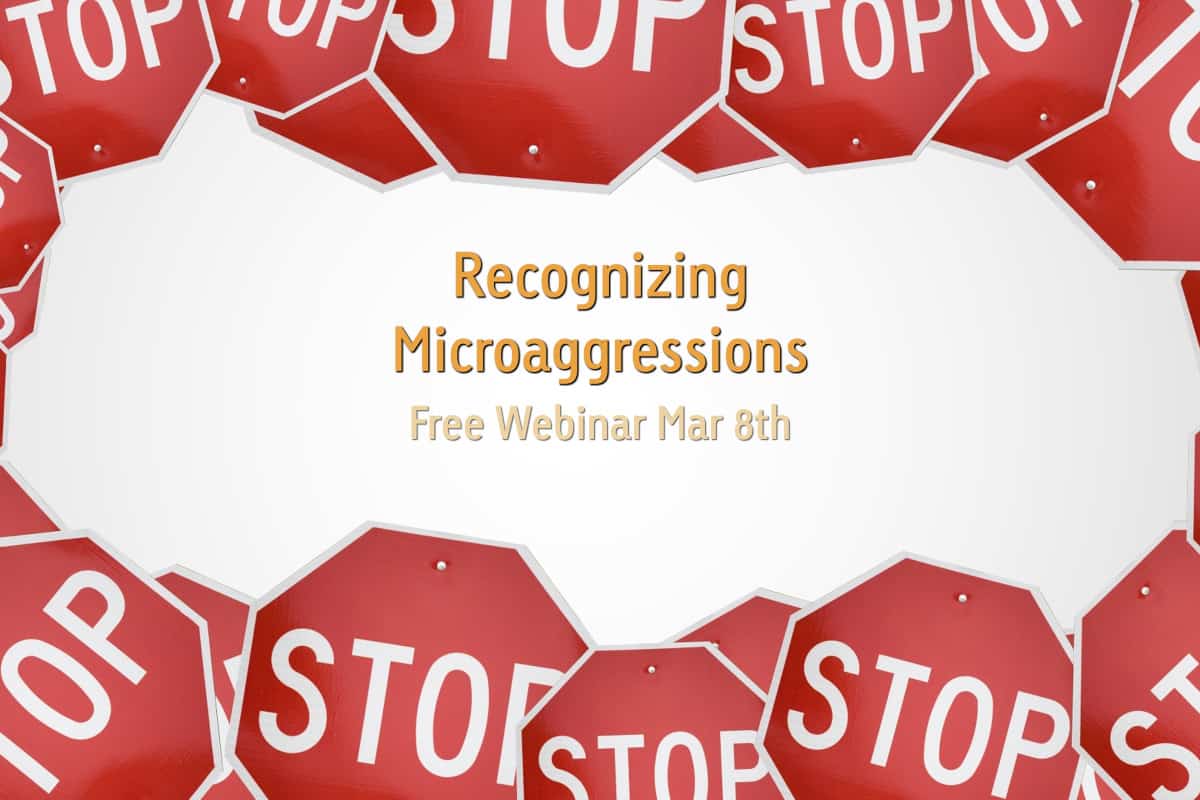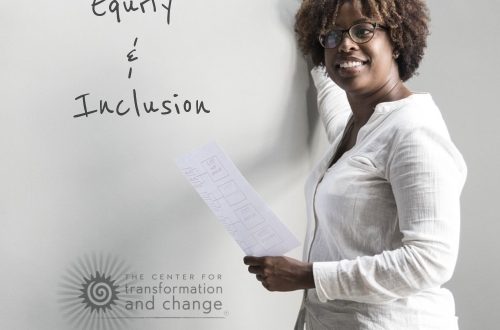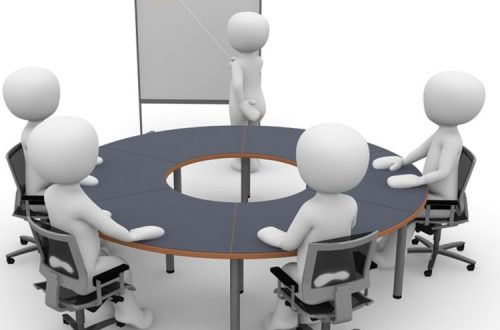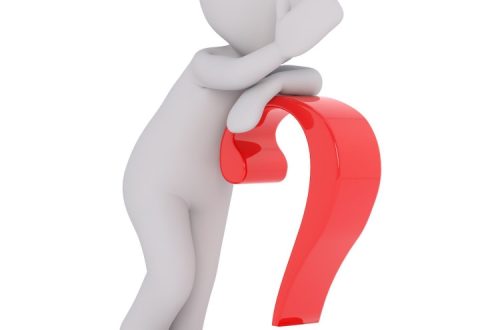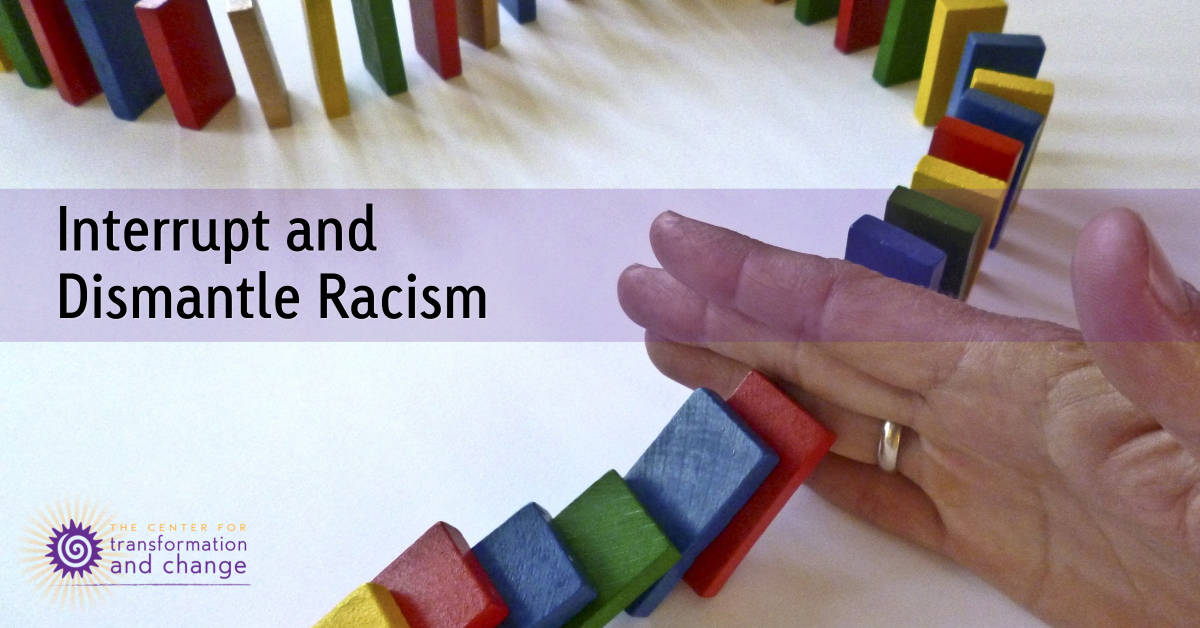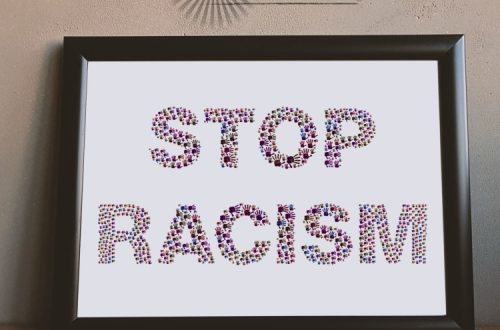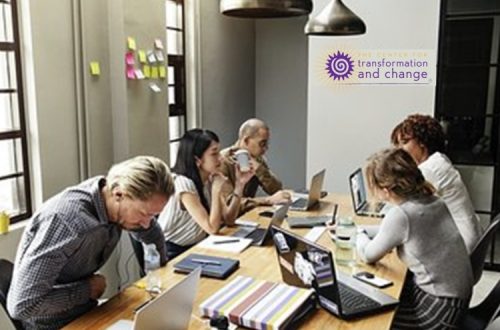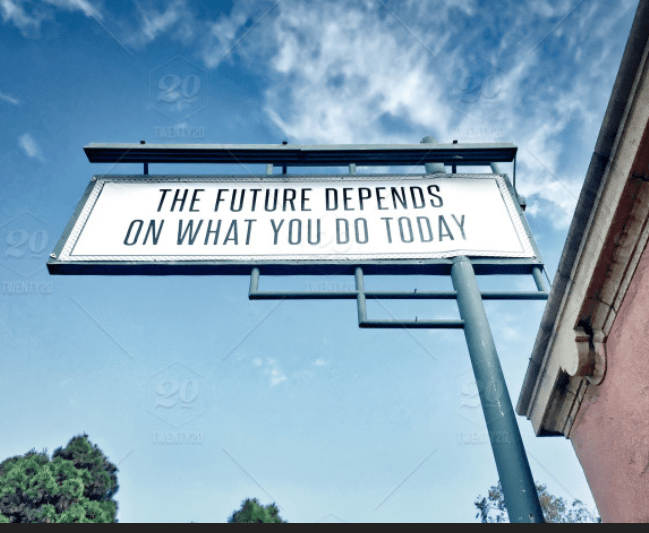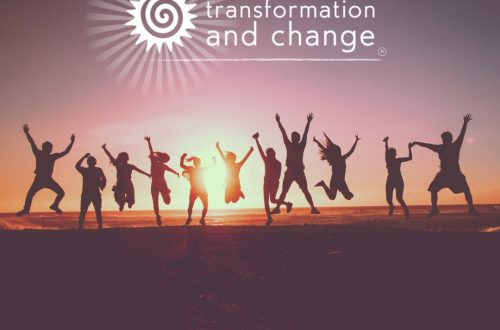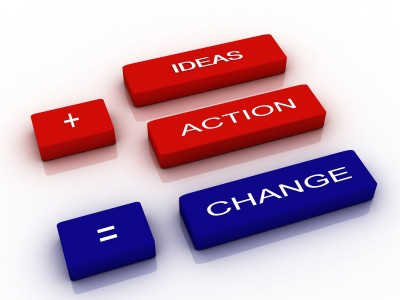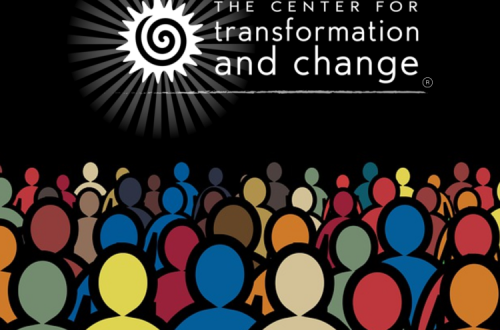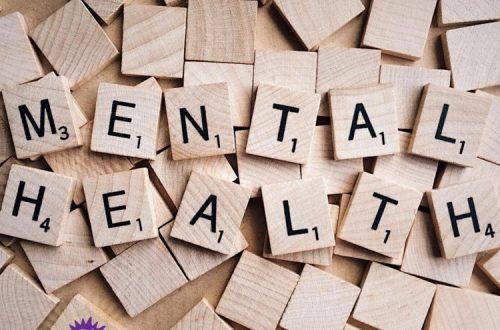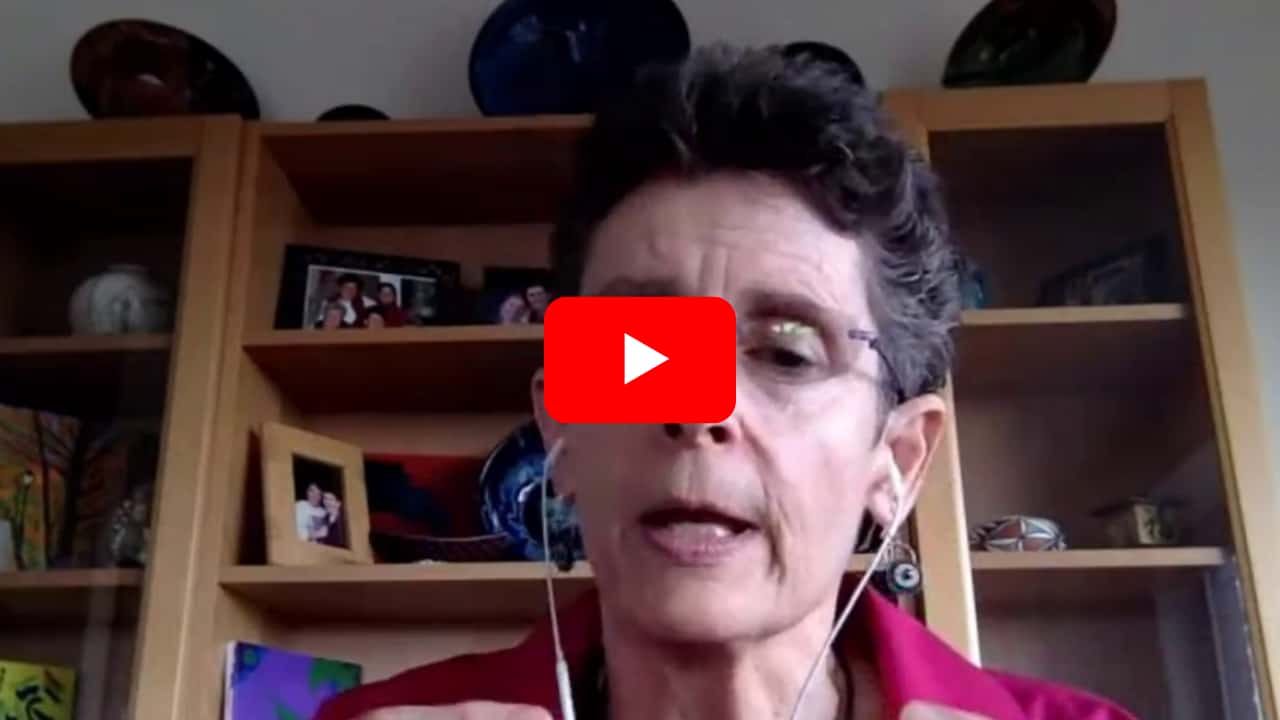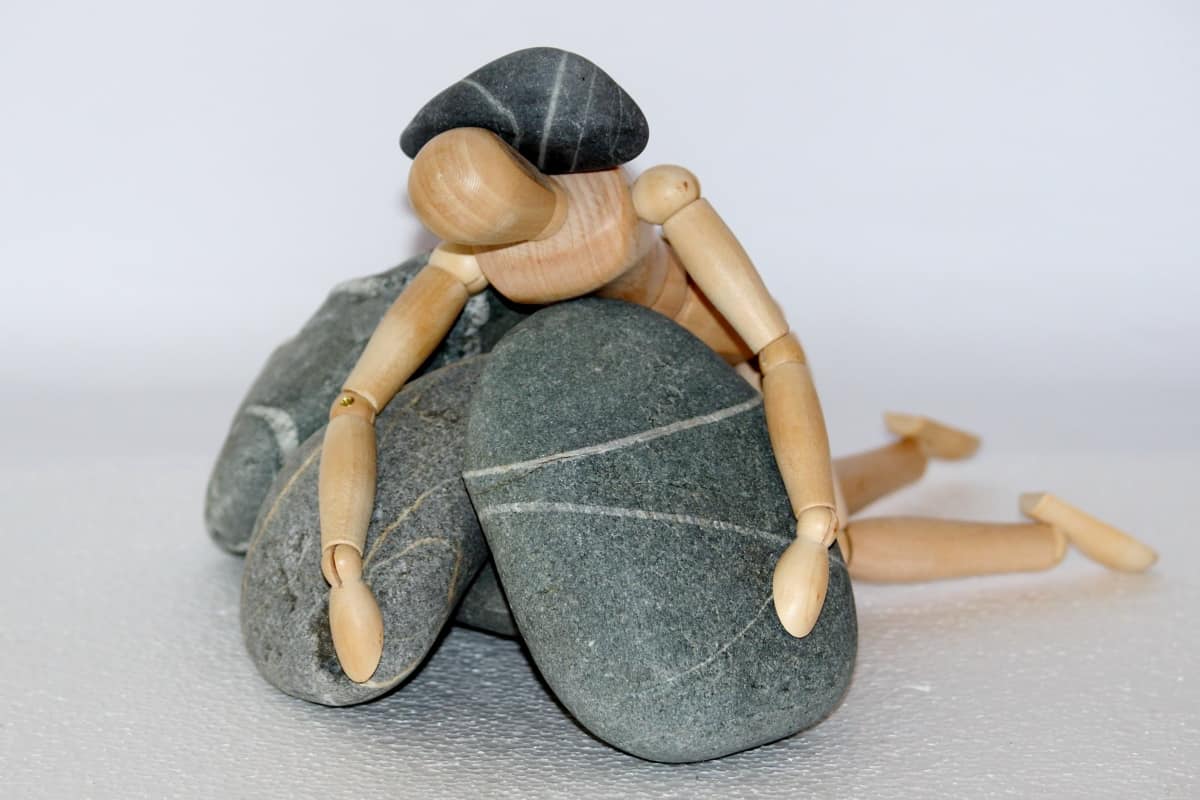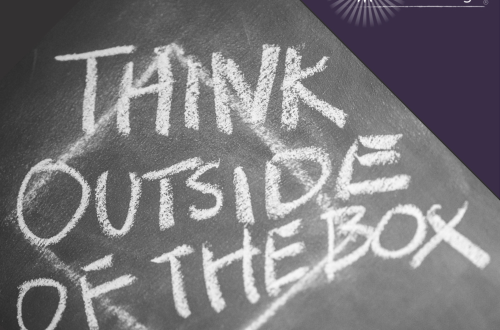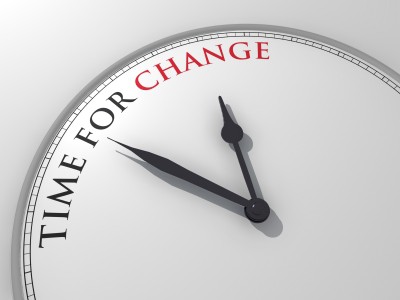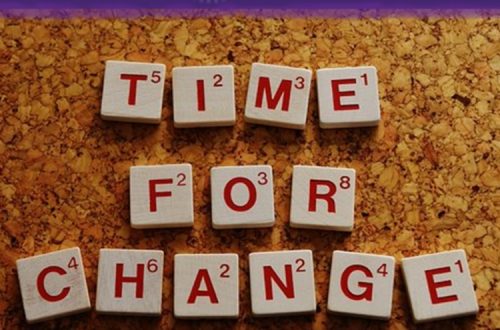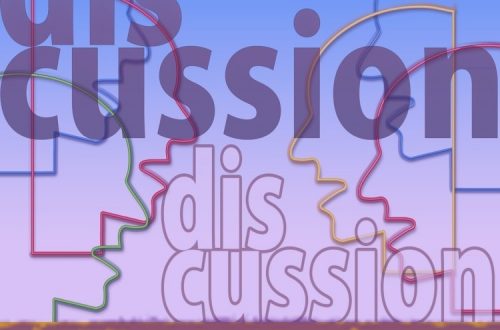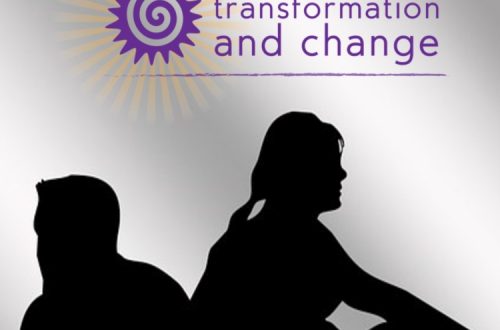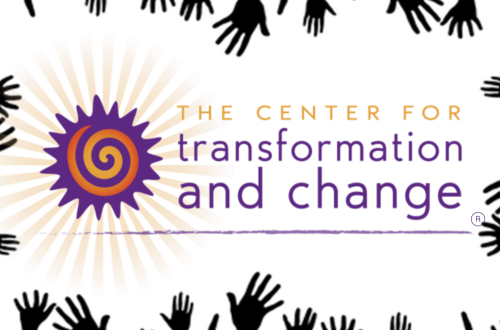Social Justice
-
Can you spot microaggressions around you?
“You have a Master’s degree…really?” asks your co-worker incredulously as she is speaking with a colleague of color. Maybe you’ve uttered (or thought) a similar statement to a person of color, not intending to hurt them, but attempting – in your own racist way – to pay them a roundabout compliment? Intended or not, you’re guilty of microaggressions – a snub or insult directed at a marginalized group member that communicates hostile, derogatory or negative messages. I can hear you protest rather loudly: But I didn’t mean it that way! Maybe not. Society and our environment has groomed us to believe comments like this are acceptable. And if the person…
-
Microaggressions: Sounds Small But Hurts Big
You read the word “micro” and you may immediately judge that it must be something small. It may sound like nothing, but its impact is SOMETHING. Microagressions is a term Harvard University professor Chester M. Pierce originated in 1970 to name the insults he witnessed that were doled out regularly upon African Americans by those who were not black – in particular, by whites. As the old saying goes: the more things change, the more they stay the same. Decades have passed since then, but we’re still faced with microagressions and may not even realize it. It’s those everyday messages that come in the form of verbal or nonverbal slights,…
-
So You Were Called Racist. Now What?
When I was called racist, I felt shattered…confused, ashamed, incompetent… Me? I mean, really. Focusing solely on my own experiences of marginalization as a woman and as a lesbian, I believed I didn’t – couldn’t – have a racist bone in my body. But the problem? Many of us are trained to have racist beliefs and attitudes. It’s as if we’re born a white slate – and everyone writes upon it. Good, bad, ugly. We think because we don’t speak racial slurs or utter comments that are outwardly offensive, we’re not racist. But we may think them – even if we never say a word. Racism can be very subtle,…
-
Think You’ll Never Overcome Being Called Racist?
Can you imagine how different our world would be if – when faced with our racist comments – we each chose to embrace the moment and humbly, honestly and authentically engage people of color? But defensive behaviors, fears, unproductive thoughts and feelings keep us stuck – and ineffective as white allies. The ways we choose to react out of deep fear of being called racist undermines our core values and vision of ourselves as effective change agents. But there IS another way. The first step is to recognize – and own – our fears and defensive reactions. 5 Common Racist Behaviors and Attitudes of Whites In my free, 1-hour webinar…
-
Having to dig deep today as a change agent
As a change agent, I have committed my life to teaching and sharing the skills and strategies to navigate difficult situations and create truly inclusive, socially just organizations while maintaining the passion and energy critical to create meaningful, sustainable change. But today, I am struggling to use these tools in my own life. On a roller coaster, wondering what it is all for… This roller coaster of extreme emotions from Alabama last week to the tax scam this week… from feeling so useful this week as I coached so many brilliant, talented people to waking up today wondering what it is all for…. And yet I know we will move…
-
You’re Passionate About Leading Change. But Are You Close To Burnout?
How Can Creating Meaningful Social Change Cause Burnout? Burned out from passion? Sounds like an oxymoron. How can you suffer burnout from something you are so committed to doing? Easy. When you’re passionate about something, when you put your heart and soul into it… You live it. Your cause matters. You put so much energy into your work and changing injustice that you forget all about your own self-care. And then – it hits you all at once (but if you were being mindful, you’d notice little signs of burnout creeping in). You feel DEPLETED. You’ve neglected your HEALTH. Your relationships are suffering. You don’t think you can continue on…
-
Just what is a change agent? Are you one?
What is a change agent, exactly? I hear this question a lot. Too often, people believe that you have to be a senior leader or someone with some advanced or specialized level of training to be a change agent. This couldn’t be further from the truth, and I want to help dispel that myth right here. Defining a Change Agent To help you understand the definition of what a change agent is, I find it helpful to explain it in the context of a few key questions: Do people regularly come to you for advice, counseling and/or coaching? You can be a change agent. Are you concerned or frustrated with…
-
Dismantling Racism: Tools for Student Affairs Educators on Higher Ed Live
If you’re not familiar with Higher Ed Live, let me have the pleasure of introducing you… Description from their website: The Higher Ed Live network offers viewers direct access to the best and brightest minds in education and allows viewers to share knowledge and participate in discussions around the most important issues in the industry. Higher Ed Live provides live, weekly content about admissions, advancement, marketing, student affairs, and communications to higher education professionals. Episodes feature knowledgeable hosts conducting exclusive interviews with professionals from institutions; journalists; consultants; and other thought leaders. Tackling new topics with each broadcast, we aim to foster knowledge sharing and to be a trusted source of information…
-
The New Normal
In response to an interview question this morning about the needs of students of color on campuses, I said they need white administrators, faculty and staff who consistently demonstrate the competence to create inclusive campus environments for all students and to dismantle any racist policies, practices and programs that exist. And I am now remembering something I said during a panel at the ACPA 2013 Convention: “There is a new normal ~ It is no longer acceptable for student affairs staff to not demonstrate a moderate, continuously developing, level of awareness and skill around issues of equity, inclusion, and social justice.” We can no longer afford to have lower expectations…
